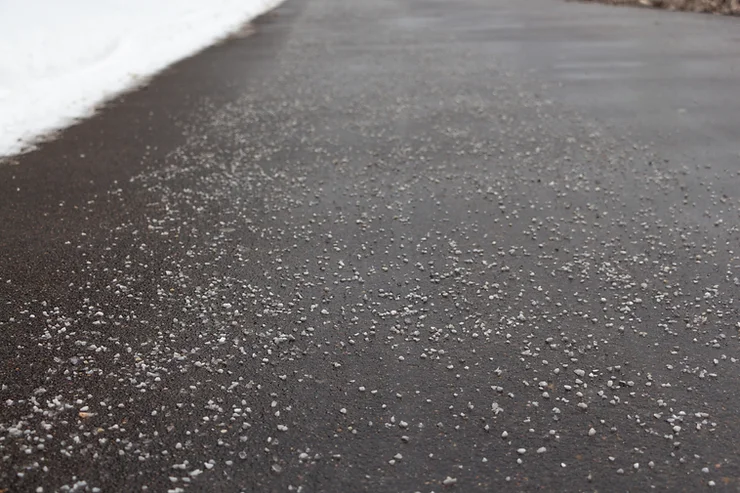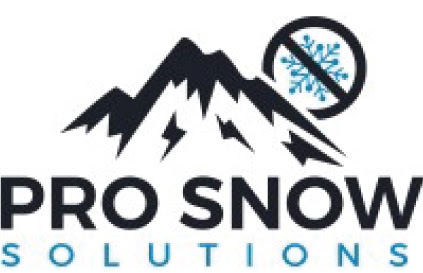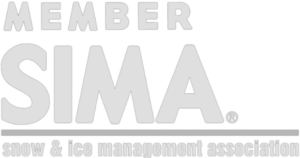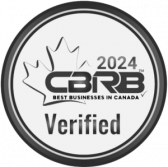How to Manage the Risks Posed by Icy Weather Such as Freezing Rain, Ice Storms, and Flash Freezing

Icy weather can be extremely dangerous and pose a serious risk to both people and property. Freezing rain, ice storms, and flash freezing are all weather events that can cause significant damage and disruption. It is important to be aware of the dangers these types of events can pose and take steps to protect yourself and your property.

When property owners and managers think wintertime, they generally think about the snow. While snow clearing is a crucial part of wintertime property maintenance, your challenging foe might be freezing.
Ensure that your deicing contract includes a flat-rate service, and lets you use it for hail, sleet, freezing rain, flash freezing, and snow-capped accumulations below the plowing guide. Many contractors will charge for per incident. Include this in the contract as a fixed cost, and you will not need to worry about any additional expenses.
A small contractor is specialized in dealing with many different activities. The right contractor for the completion of your snow and ice removal is one which does not and will not take on any other tasks during the winter season, and maintains 24/7 access to weather forecasts.
Does your contractor have a policy on when and where to apply deicing products? Talk with your prospective contractor about what they’re doing. Knowing when to apply deicing products is vital for optimal deicing results.
There are two commonly used a deicing products used for commercial properties in the Fraser Valley region: rock salt, which operates more efficiently, and the alternative, a more environmentally friendly solution. It is crucial to understand the distinct strengths and drawbacks of both products.
Road Salt
The Good: Rock salt is used to shore up asphalt and concrete surfaces, city sidewalks, and paved or concrete walkways. The most affordable and efficient deicing product of today, melts snow and ice quickly and easily, even at extremely cold temperatures, and leaves behind a completely dry surface. The most sought-after product experience one of the most frequent shortages in supply.
The Bad: Rock salt tends to corrode concrete and erode some varieties of plant life, such as flowers and earthworms, which grow in crevices near to roads where the salt is spread. Such walkways made of glass, brick, slate, or decorative stone are much more susceptible to destruction by rock salt. Rock salt rests in the paws of some domestic pets, which can result in severe dermatitis If the salt gets stuck in their fur or between their toes.
Environmentally Friendly Salt
The Good: Of all salts, pet friendly salt has a low environmental impact, is easier to apply, and can be applied on a variety of surfaces. Its singular property is that its impact does not bounce back once it has been applied to a surface.
The Bad: This product has a cost that’s higher than ordinary salt there for less snow removal contractors use it.
Be sure that your snow removal contractor stocks adequate supplies and has a reliable distributor network through winter, as it may be provision of these products can become incomplete during times of heavy demand locally.
In conclusion, it is important to be prepared for icy weather conditions by knowing how to manage the risks posed by freezing rain, ice storms, and flash freezing. By following the tips in this article, you can help keep yourself and others safe during these potentially dangerous conditions.








